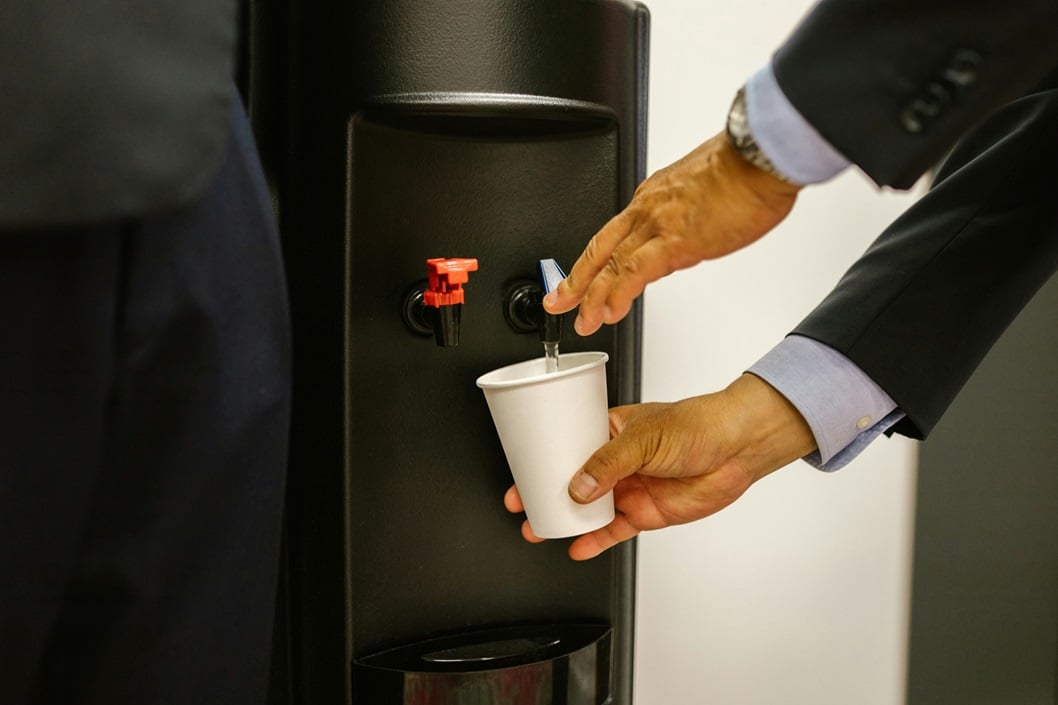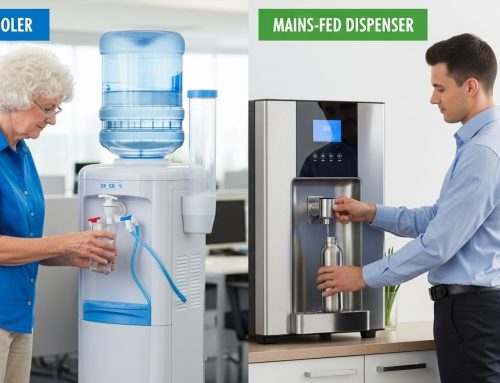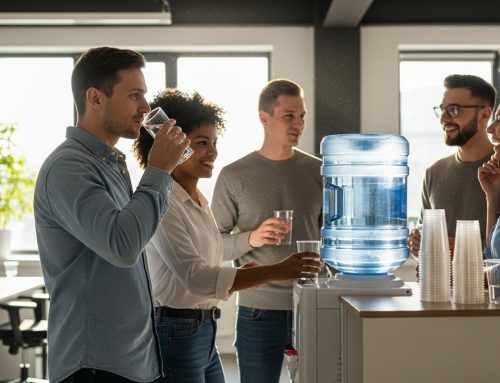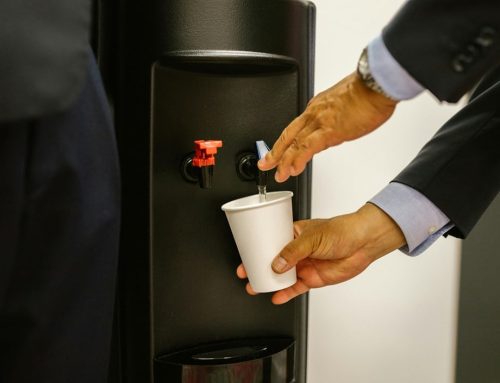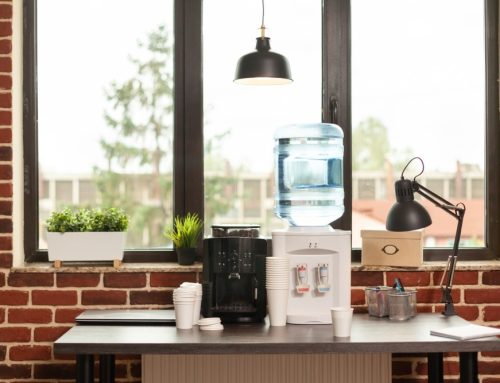In the modern office environment, where employees spend long hours focused on tasks and deadlines, hydration often takes a back seat to productivity. Yet, drinking water throughout the workday is not just beneficial for individual health but also essential for maintaining a vibrant, efficient workplace. Ensuring that employees stay hydrated can enhance mental clarity, prevent fatigue, and even foster a more positive work environment.
Why Hydration Matters
Water makes up approximately 60% of the human body and plays a vital role in nearly every bodily function. From regulating body temperature to aiding digestion and nutrient absorption, hydration is critical for overall health. In an office setting, where workers often rely on caffeine and sugary beverages for a quick energy boost, dehydration can become a silent productivity killer.
Even mild dehydration can lead to reduced cognitive function, slower reaction times, and difficulty concentrating. These effects are particularly concerning in office environments where mental acuity is paramount. Studies show that dehydration as little as 1% of body weight can impair cognitive performance, affecting memory, attention, and even decision-making skills. Over time, chronic dehydration can contribute to more severe health issues, such as kidney problems, headaches, and fatigue.
Benefits of Drinking Water at Work
- Enhanced Productivity: Staying hydrated helps maintain energy levels and prevents the afternoon slump. When employees are well-hydrated, they are more likely to remain alert and focused on their tasks.
- Improved Mental Clarity: Drinking enough water ensures that the brain functions optimally. Proper hydration supports better concentration, quicker problem-solving, and sharper memory.
- Reduced Stress: Offices can be high-pressure environments, and stress often exacerbates dehydration. Drinking water helps regulate cortisol levels, the body’s primary stress hormone, making it easier to manage stress effectively.
- Physical Well-Being: Hydration prevents common workplace complaints such as headaches, dry eyes, and fatigue. Employees who feel physically well are more likely to be satisfied and engaged in their work.
- Boosted Morale: Providing easy access to clean drinking water demonstrates that an employer values the well-being of their staff. This simple gesture can contribute to a more positive workplace culture.
Practical Tips for Staying Hydrated in the Office
Despite the clear benefits of hydration, many employees struggle to drink enough water during the workday. Below are practical tips to help ensure adequate hydration in an office setting:
- Keep Water Accessible: Place water stations or water coolers in convenient locations throughout the office. Having water readily available encourages employees to drink more frequently.
- Use a Reusable Bottle: Encourage employees to bring reusable water bottles to work. A personal water bottle serves as a visual reminder to drink and helps track daily water intake.
- Set Reminders: Utilize technology, such as hydration apps or calendar alerts, to remind employees to take regular water breaks.
- Incorporate Hydration into Office Culture: Promote hydration by organizing water challenges or providing incentives for employees who meet their daily water intake goals.
- Offer Variety: Some employees may find plain water boring. Providing options like infused water with fruits or herbal teas can make hydration more enjoyable.
The Role of Employers
Employers play a significant role in promoting hydration in the workplace. By fostering a culture of health and well-being, organizations can reap the benefits of a more engaged and productive workforce. Below are some ways employers can support hydration:
- Provide Quality Water Sources: Invest in filtered water systems or water coolers to ensure employees have access to clean and safe drinking water.
- Educate Employees: Share information about the benefits of hydration through newsletters, posters, or workshops. When employees understand the importance of water, they are more likely to prioritize it.
- Model Healthy Behavior: Leaders can set an example by keeping a water bottle at their desk or encouraging water breaks during meetings. This simple act demonstrates that hydration is a priority.
- Create a Hydration-Friendly Environment: Incorporate water-friendly practices into office routines. For example, provide reusable water bottles as part of onboarding kits or ensure water is available during meetings and events.
Avoiding Common Hydration Pitfalls
While drinking water is essential, it’s also important to avoid common pitfalls that can undermine hydration efforts. Relying too heavily on caffeinated beverages like coffee or soda can dehydrate the body. Encourage employees to balance their caffeine intake with water consumption. Additionally, excessive consumption of sugary drinks should be discouraged as they can lead to energy crashes and long-term health issues.
Another challenge is forgetting to drink water altogether due to busy schedules. Building hydration into daily routines, such as drinking a glass of water before each meeting or during breaks, can help overcome this barrier.
Drinking water in the office is more than just a matter of personal health—it’s a critical component of workplace productivity and well-being. By prioritizing hydration, employees can stay energized, focused, and ready to tackle their tasks. Employers who actively support hydration through accessible water sources, education, and a culture of health create an environment where both individuals and the organization thrive. In the fast-paced world of modern work, a simple glass of water might just be the key to sustained success.

